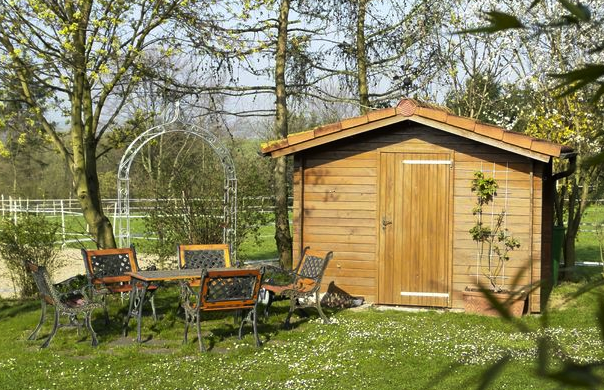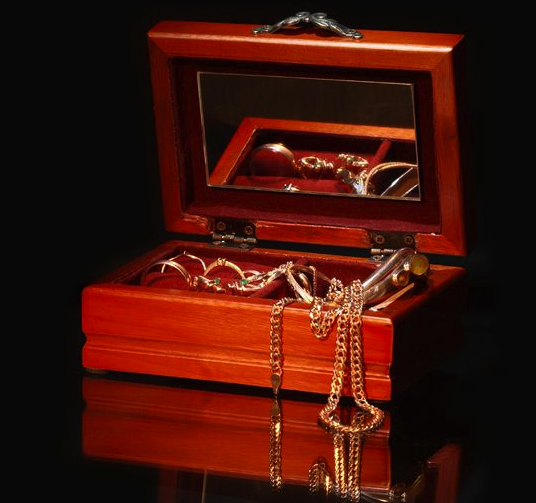Moving your outdoor items are course of business for your professionals here at Starline. However, you do need to keep in mind that you do need to prepare your outdoor things for the move. In order to best prepare to move these outdoor items, you need to take some inventory yourself. If you have a barbecue with a propane tank, you will need to remove the tank and return it or give it away. This will be the same if you have any outdoor propane heaters, fireplaces or fire tables to move. You have to remove these tanks because they are flammable and all professional movers are forbidden to transfer flammable objects.
If you have any other outdoor cooking equipment like a smoker and have lighter fluid to ignite it, you will have to get rid of that fluid as well. Also, if you are a gardner and have fertilizer or pesticides, you will not be able to move any of these materials because they maybe considered flammable. Further, if you have an outdoor shed, be sure to go through it carefully. If you have any paint, oil or other chemicals, chances are you will not be able to transport them as well. Therefore, it is worth the extra time to go through these items before you move so you can make the proper arrangements.
If you have any questions or are confused, please refer to Starline’s movers guide. It itemizes the things you can not move. If you are still concerned or have any questions, feel free to contact your professionals here at Starline. They will be happy to help clarify what you can take with you.


















